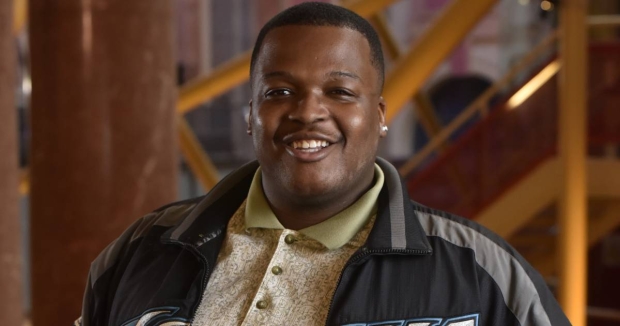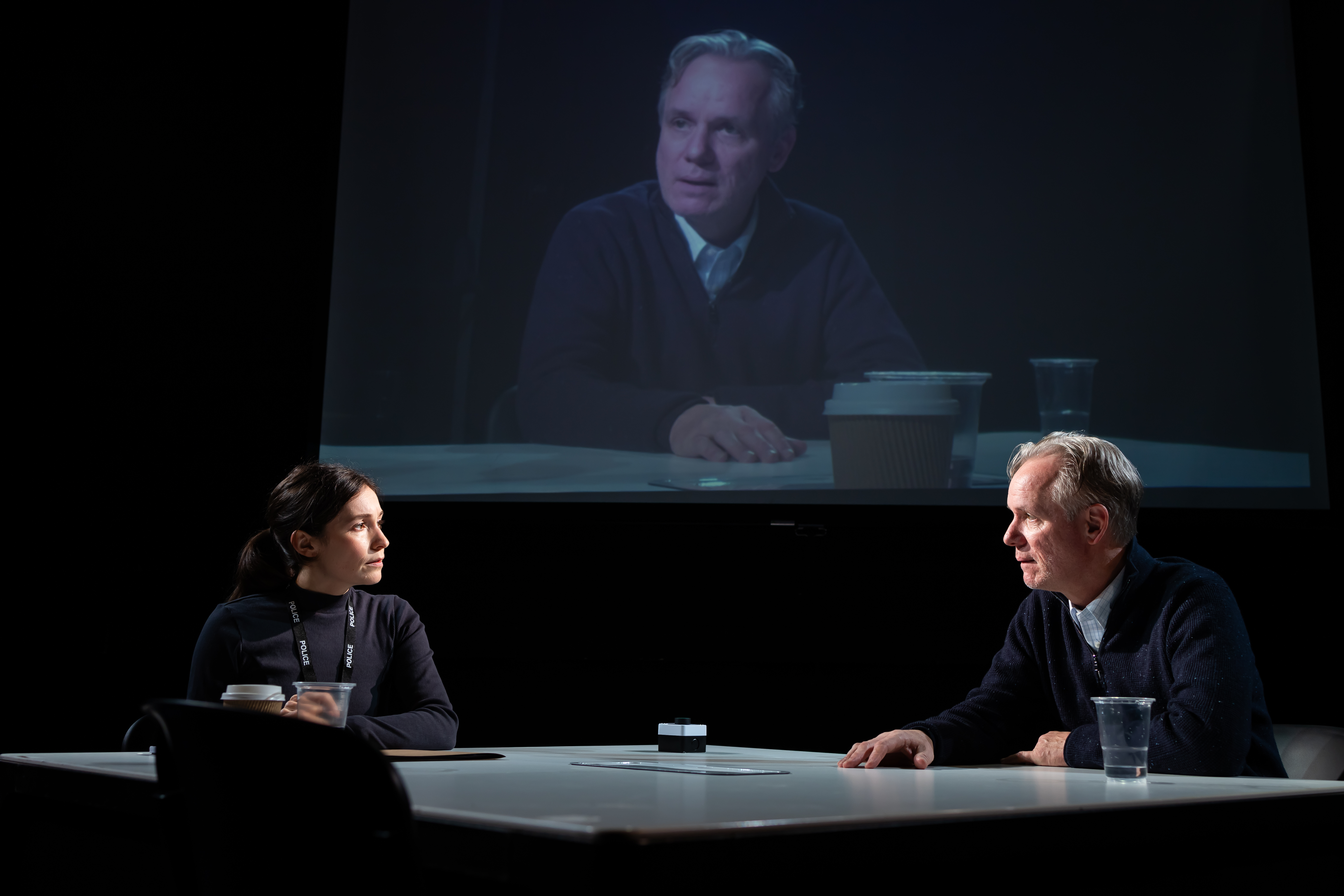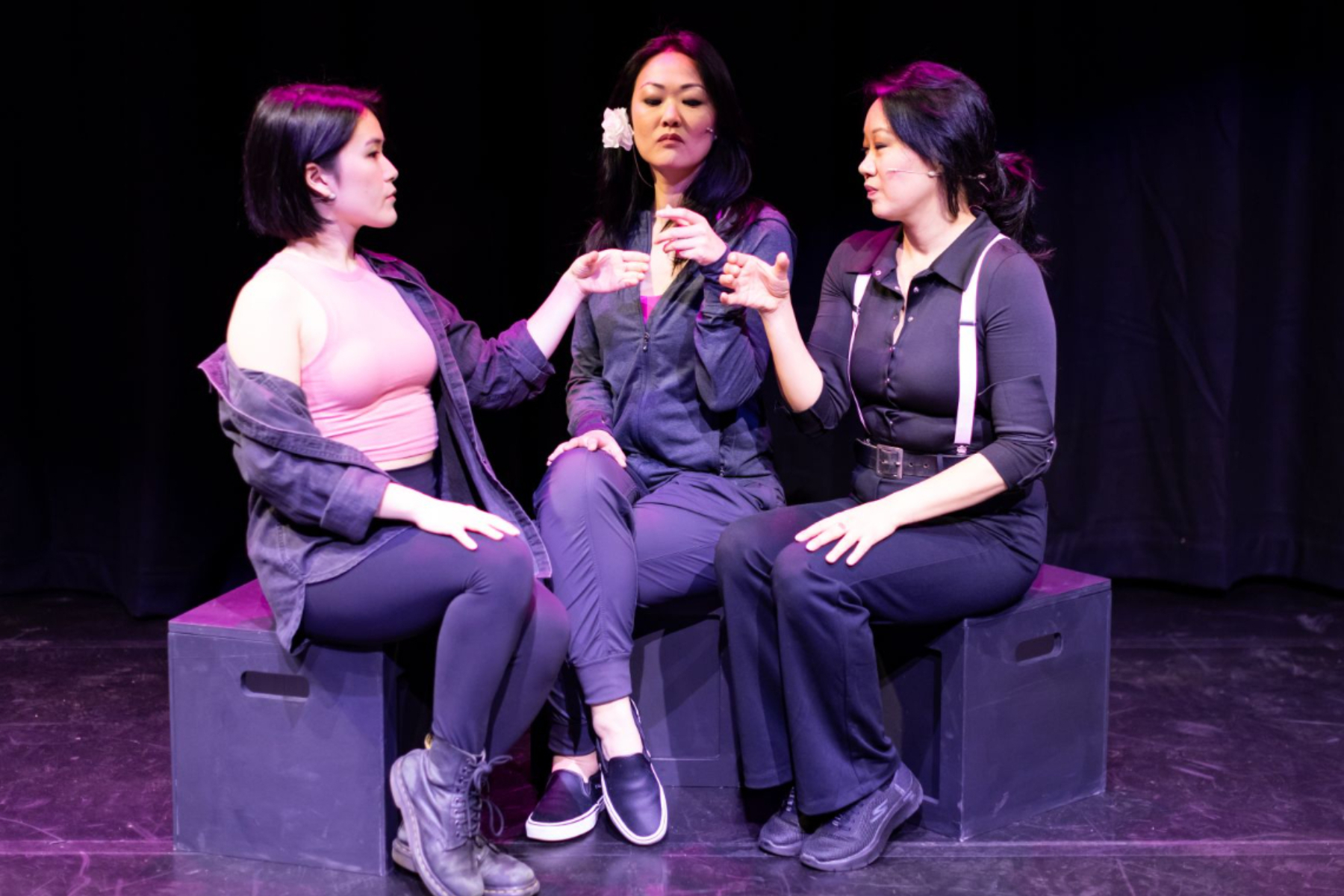Bullring Techno Makeout Jamz at Edinburgh Festival Fringe – review

Nathan Queeley-Dennis won the Bruntwood Prize for Playwriting in 2022, with Bullring Techno Makeout Jamz, his debut play. He performs the monologue for its world premiere on the Fringe – and produces an evening of utter, exhilarating joy.
The play is essentially a love letter to love in many forms – to the city of Birmingham where it is set, to the music of Beyoncé, to a man’s relationship with his barber, to techno, to family, to life. It positively brims with good humour and warmth.
Its hero is Nathaniel, a man who takes so many women on dates that staff in his favourite rum bar run a guessing game on how many girls he will seek to woo in a particular month. But Nathaniel isn’t a cynic; he’s a young romantic who believes his mum when she tells him that “I’m not sh*t at dating, just everyone I met is shit at dating me.”
Nathaniel is a man of loyalties. He is true to his hometown – “Birmingham has more canals than Venice” – and to the man who shapes his hair – “a man’s relationship with his barber is one of the most sacred on earth.” Yet he is also vulnerable. His preparations for going out are hilariously detailed (he’s worried his date might notice that a bath bomb from Lush has made his skin shiny “because I think it has glitter in it.”) but he knows that “someone playing with your heart is like an extreme form of terrorism.”
Part of the reason he places so much hope in his search for the perfect relationship, is that his life isn’t turning out quite as he planned. He has dreams of being a “Brum town Basquiat” but finds himself working in a call centre without any clear idea of how to escape.
The piece unfolds with the ease of natural speech, yet it is carefully and precisely structured, running through magnificent riffs on various themes. In one section, the songs of Beyoncé provide the answers to his questions; in another, the humble strawberry is attacked as a fruit that “gets treated like royalty” for no good reason.
As an actor, Queeley-Dennis is a wonderfully generous presence, absolutely in control of the audience – there are “aaahs” when things go wrong for the character – and with delicious timing that lands each line. But his words as a writer are so beautifully weighted and cleverly honed that you can imagine it working just as well performed by someone else.
In fact, in the introduction to the text, he specifically says the piece is not autobiographical and its strength springs from the fact that it feels imagined yet bolstered by extraordinarily specific observations and properly experienced feeling. Beautifully directed by Dermot Daly, with sensitivity to all its changes in pace and mood, it creates a complete world.
It has a sense of being a play entirely confident in its sense of itself and unencumbered by anyone else’s ideas of what it ought to be. It sends you out into the night touched by its emotional justness, surprised by where it ends up and happy to have been on the journey it offers.














